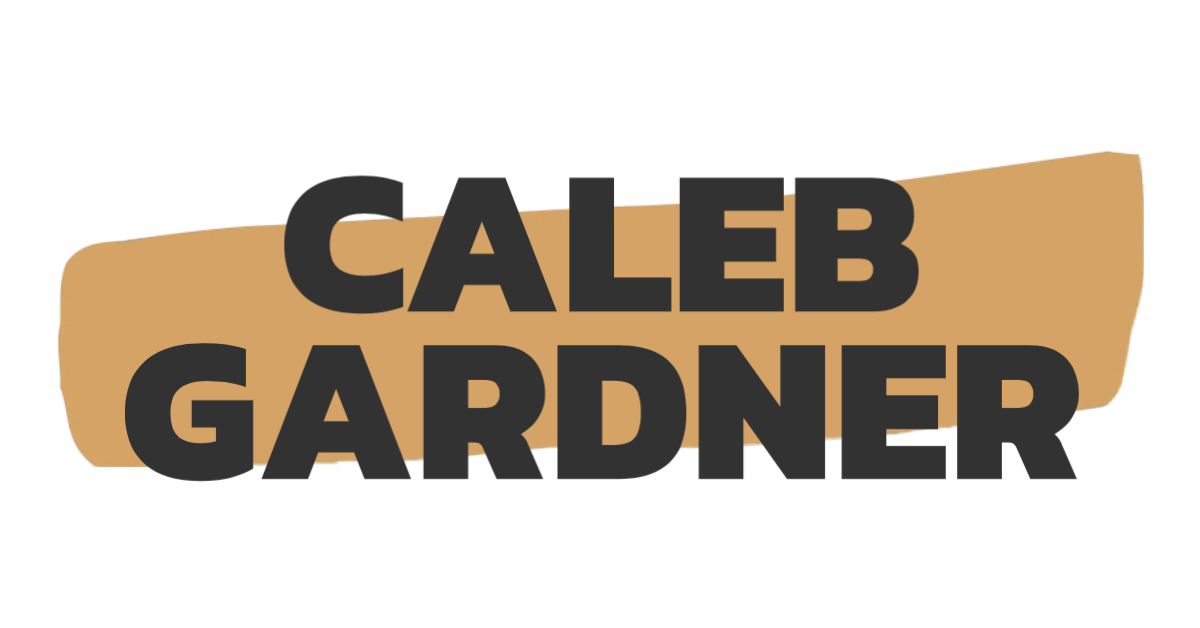One of the reasons my partners and I built 18 Coffees to be focused on strategy, change management, and organizational development was that we knew we were in a unique moment in business history, one in which our basic assumptions about what it means to be a business were about to be questioned.
Read MoreAt our current moment there are dueling theories about why everyone feels so badly about the economy. Nate Cohn draws a straight line between perceptions of the economy and confidence in the Biden administration. Paul Krugman claims that the media, especially right-wing media, is over-indexing on stories about inflation.
Either way, we’re in a moment that illustrates the difficulty of expectation setting and the power of narrative—and especially the narrative reinforcement mechanisms inherent to our current media ecosystem.
Read MoreShared cultural language can be a boon to movements for change—and a barrier to seeing that change happen.
Bumperstickers and banners establish shared credentials, show us who we can trust, tell us who’s on the inside of the movement. But they’re also off-putting to those who don’t share that language, and can antagonize those whom we need to make the change happen.
Read MoreImportant concepts covered here include identity foreclosure, cognitive entrenchment, escalation of commitment, and why we all should have bailed on “Game of Thrones” earlier.
Read MoreThere’s a classic thought experiment in change management called a burning platform.
From a 1993 book by Daryl R. Conner called “Managing at the Speed of Change”, it describes a situation in which maintaining the status quo is so costly, so detrimental to the business, that the level of resolve to change becomes a no-brainer. The metaphor Conner uses is is a literal platform on fire: you have to jump, because the status quo means certain death.
Read MoreNow that we officially have a vaccine, focus has understandably shifted to how exactly it will be distributed, and by when. We are almost certainly headed back to some version of normal by the back half of 2021.
Which begs the question: what will that new version of normal look like?
Read MoreHow hard is it to turn a culture around? Harder than you think.
We like to think of organizations in terms of rational outputs: finance, marketing, manufacturing. But each work stream is made up of individuals responding to internal cultural influences. Each component of an organization is working toward an end, and sometimes changing that end mid-stream is like trying to get a river to run a different direction.
Read More

